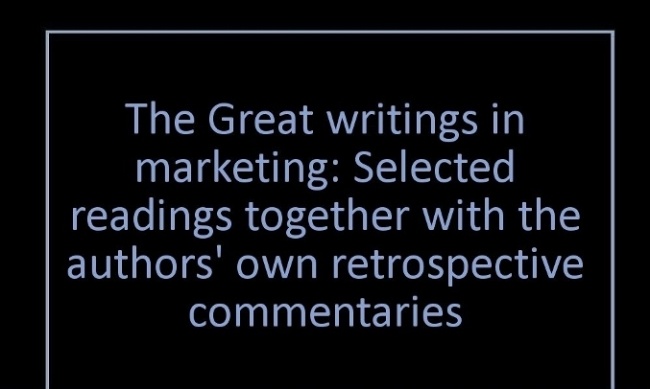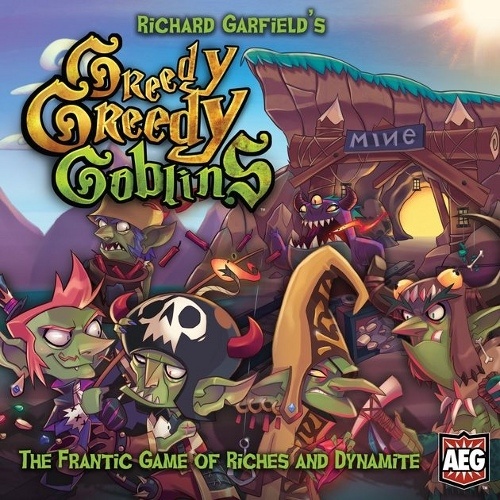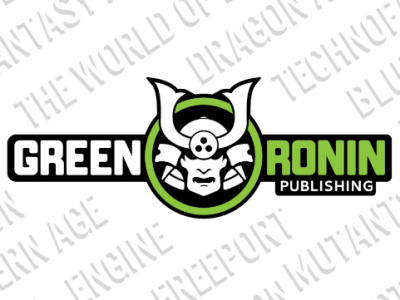Rolling for Initiative is a weekly column by Scott Thorne, PhD, owner of Castle Perilous Games & Books in Carbondale, Illinois and instructor in marketing at Southeast Missouri State University. During this time of change, the concept of the "product" expanded to include not only physical products but services, people, organizations and ideas.
I took a week’s vacation last week and during the time off, I started working my way through a copy of The Great Writings in Marketing, a collection of the fundamental writings on the topic of marketing (at least back in 1976), edited by Howard A. Thompson, just in case you want to go look for a copy. As I read over classic work in the field by Kotler on consumer behavior models, Levitt on "Marketing Myopia" and Maslow’s hierarchy of needs, I was struck by how relevant the writings still are to marketing today, even though the technology and touchstones that were cutting edge at the time are no longer (one article cited Sears as an example of a forward-thinking retailer, whereas today the company teeters on the edge of bankruptcy).
An article that especially caught my attention was one on broadening the concept of marketing by Kotler and Levy, which argued that for centuries, until the modern era, manufacturers focused on production and selling. The manufacturer would make a product and the customer could either purchase it as it or reject it. There were no other options. Henry Ford’s famous saying regarding the Model T "You can have any color you want so long as it is black" is a perfect example of this concept, called "production orientation." It is great for manufacturers and publishers as manufacturing the same thing over and over again allows them to reduce costs, allowing them to make the item with less cost and with more profit (economy of scale).
However, as consumers grew more sophisticated and demanding post-WW2, making a product and selling the same product over and over no longer satisfied the consumer. American veterans had traveled to many places, experiencing different cultures and finding they liked them. On their return to the home front, they wanted access to the foods and other experiences they had overseas. Slowly, American business responded, ushering the era of marketing, wherein manufacturers focused on what the consumer needed, and more importantly wanted, and competed to satisfy those wants and needs. Modern marketing was born.
As Kotler and Levy noted in the article linked to earlier, during this time of change, the concept of the "product" expanded to include not only physical products but services, people, organizations and ideas along with the idea that these "products" could be branded. We had a perfect example of this concept in action just this past Memorial Day weekend. We had a family come in and as the staff rang up their purchases, one inquired about AEG’s Greedy Greedy Goblins, wanting to know about gameplay. I was a bit bemused by this as Greedy Greedy Goblins is a very slow selling game, but as I explained the basic concepts, the customer mentioned that he had played Iello Games’ King of Tokyo and enjoyed it so, when he saw that the same designer, Richard Garfield, has also designed Greedy Greedy Goblins, it piqued his interest enough to inquire about it. Richard Garfield, the person, has become Richard Garfield, the brand.
Similarly, Crowdfunding has multiple platforms from which an aspiring producer can choose, each of which targets towards particular needs, in effect catering to the individual consumer. Origins and Gen Con both run gaming conventions, but each organization tailors its offerings to a different market and consumers expect different things from each.
The opinions expressed in this column are solely those of the writer, and do not necessarily reflect the views of the editorial staff of ICv2.com.

Column by Scott Thorne
Posted by Scott Thorne on May 29, 2018 @ 3:39 am CT
MORE GAMES
With 'Fanzone: Electronic Football Trivia Game'
July 18, 2025
Ultra PRO will release Fanzone: Electronic Football Trivia Game into retail.
Booster Set Adds King Ghidorah, Gigan, and Spacegodzilla
July 18, 2025
Bushiroad announced a second booster set for Godzilla Card Game.
MORE COLUMNS
Column by Rob Salkowitz
July 14, 2025
Superman isn't a character who needs a general introduction to the broader public; he just needs an existing global fanbase to take a fresh look.
Column by Scott Thorne
July 14, 2025
This week, columnist Scott Thorne discusses Green Ronin Publishing's GoFundMe to fund its legal fight against Diamond Comic Distributors, and the soft preorders for the latest Horus Heresy box.









